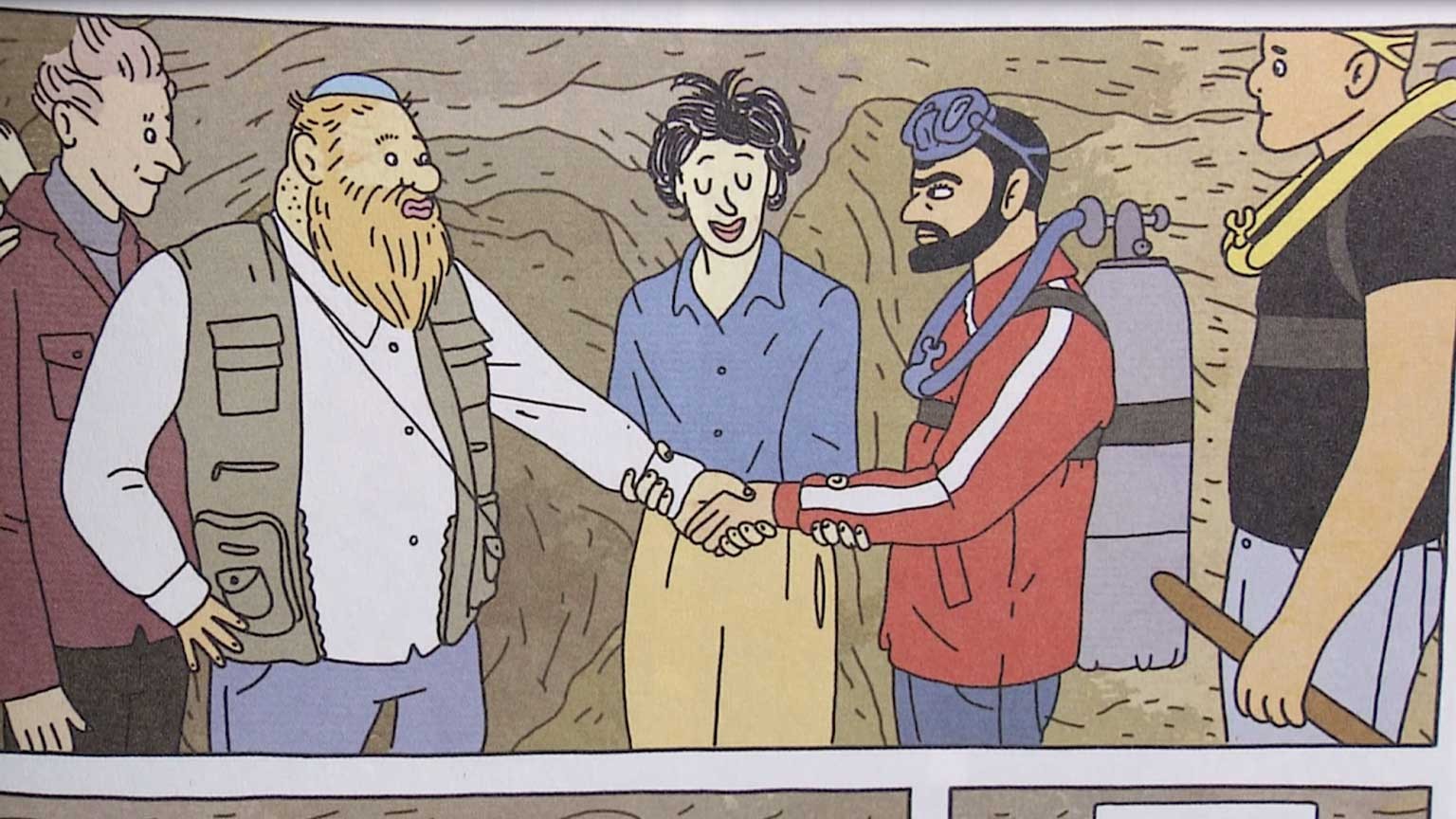In 2017, Igawa Atias teamed up with Japanese researcher Tozawa Noriko on a project they called "Bavuah," which means "reflection" in Hebrew.
The two graphic novel fans aimed to create their own, showing the reality of ordinary lives in Israel. Igawa Atias believes their work "can be a learning tool not just for students but people of all ages."
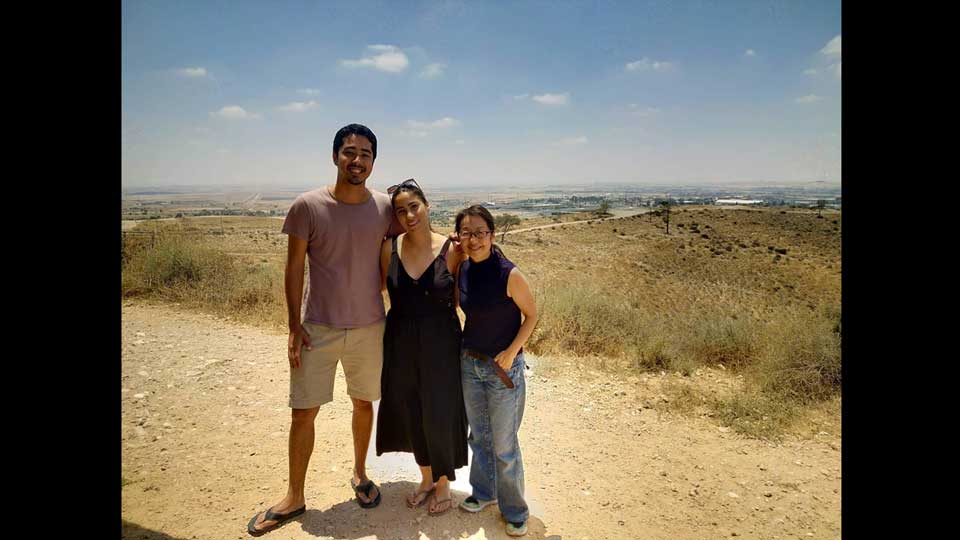
Diversity 'a gift'
Igawa Atias and Tozawa began by interviewing potential subjects of their stories. They then collaborated with graphic artists to show various perspectives on Israel, a country comprising many people from different backgrounds like themselves. Immigrants have been a main theme of their work.
Their first collection of eight stories was published in 2021. For their latest project, they took a different approach, translating a piece written by a renowned Israeli artist.
Rutu Modan's story "Tunnels" follows a Jewish woman who comes across an old Palestinian friend in search of a sacred artifact. It depicts complex relations between characters who must overcome misunderstandings to cooperate.
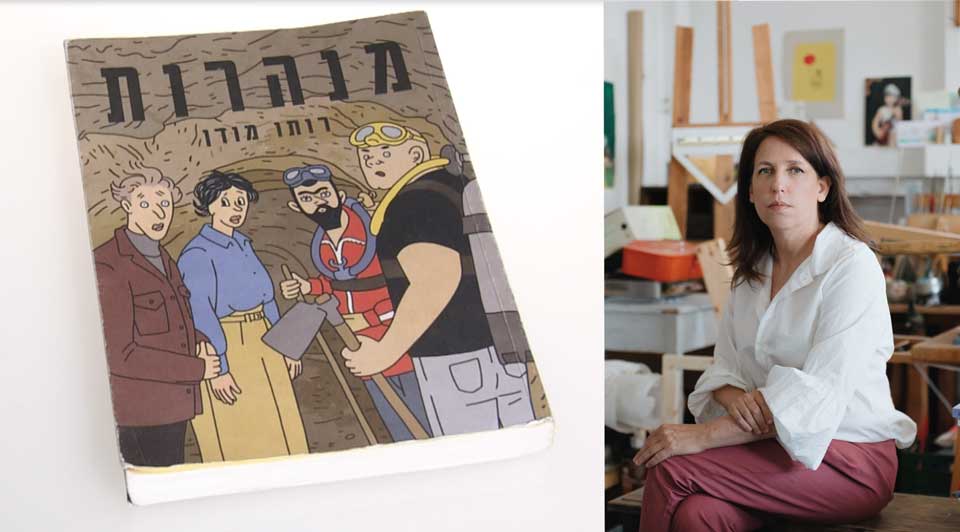
Igawa Atias believes that "Tunnels" will lead people to form different impressions about Israelis and Palestinians, who are most often associated with the ongoing conflict in Gaza. He hopes that readers around the world will develop curiosity about the region's diversity, which he believes is among its strengths.
He says such diversity is "not necessarily a problem; it's a gift that we have so many different kinds of people."
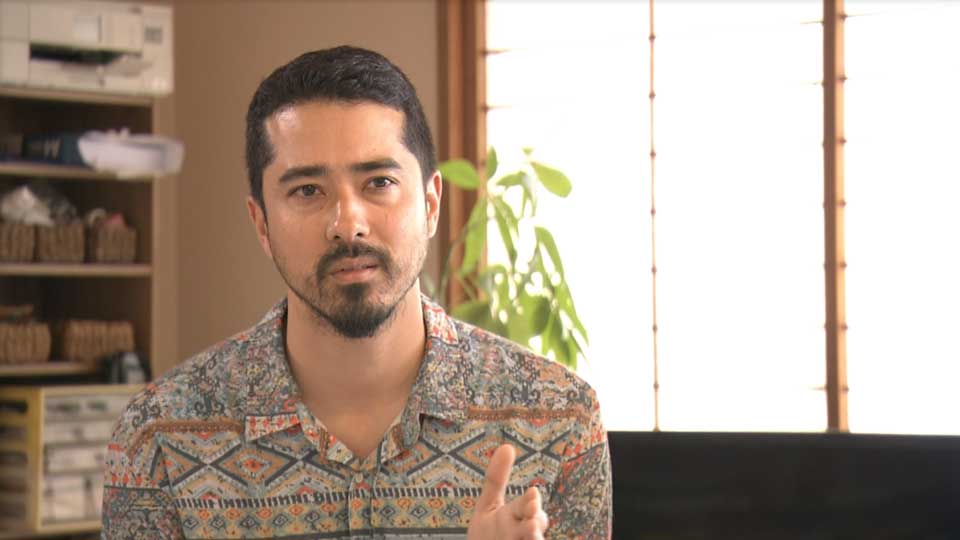
In October, the co-producers had just finished raising funds to publish "Tunnels" when Israel began its operations in Gaza in response to an attack by Islamic group Hamas, escalating regional tensions.
Igawa Atias says he sometimes heard the sound of sirens in Tel Aviv. When he visited the northern part of the country, he could hear the Israeli military exchanging fire with the Lebanese Shia Muslim group Hezbollah.
He calls the situation "a pretty difficult reality to live in." But he says he kept working on the book in the hope it could contribute to a greater understanding of the region apart from the conflict.
Reaching readers in Japan
The Japanese version of "Tunnels" will be released this summer. A preview copy is already available for readers to check out at a book cafe in Osaka.
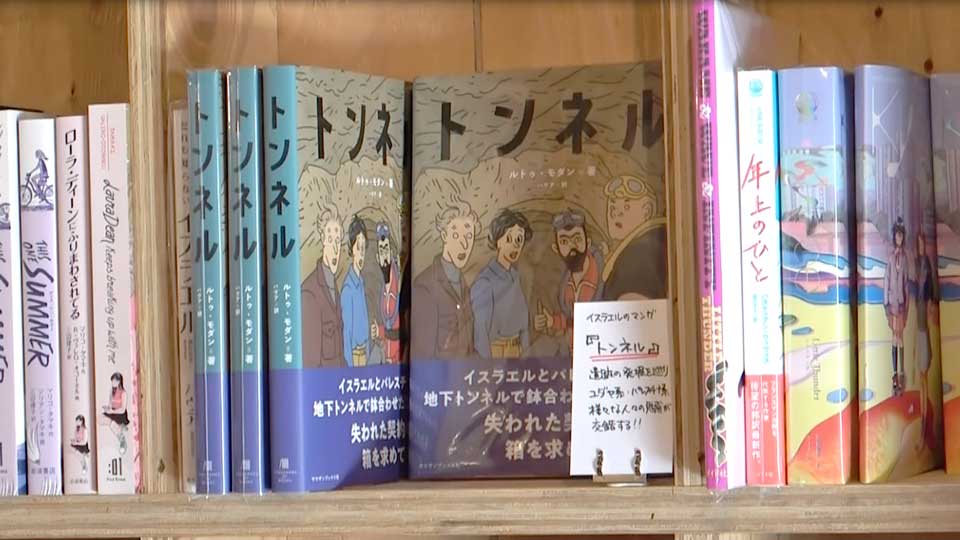
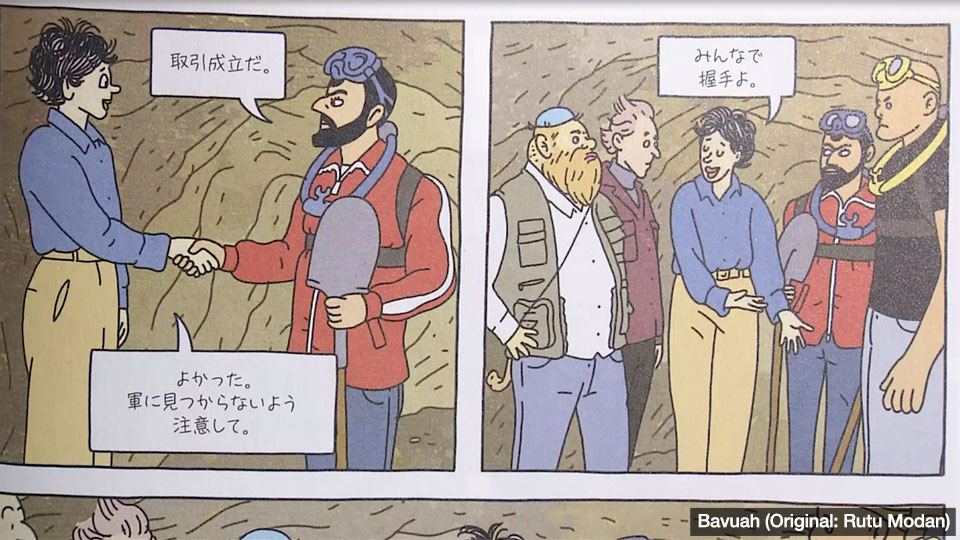
One reader at the cafe said, "It's easy to understand because it's presented in the form of a graphic novel," and called the book "a starting point for us to learn some parts of Israel that are not connected to war."
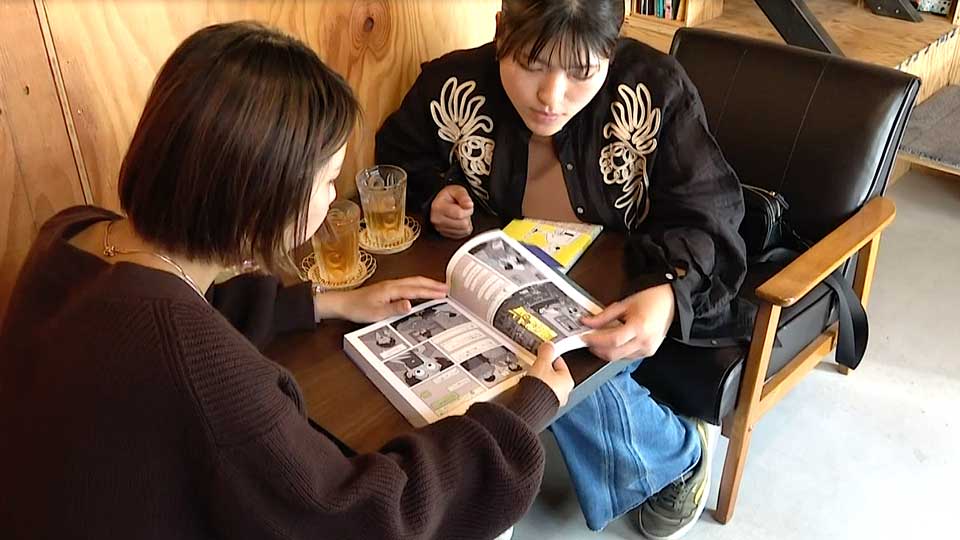
Igawa Atias hopes his work will contribute to a wider understanding of the people in Israel and Palestine by revealing different perspectives to readers outside the region. He believes that such understanding is a vital step toward a better future.
